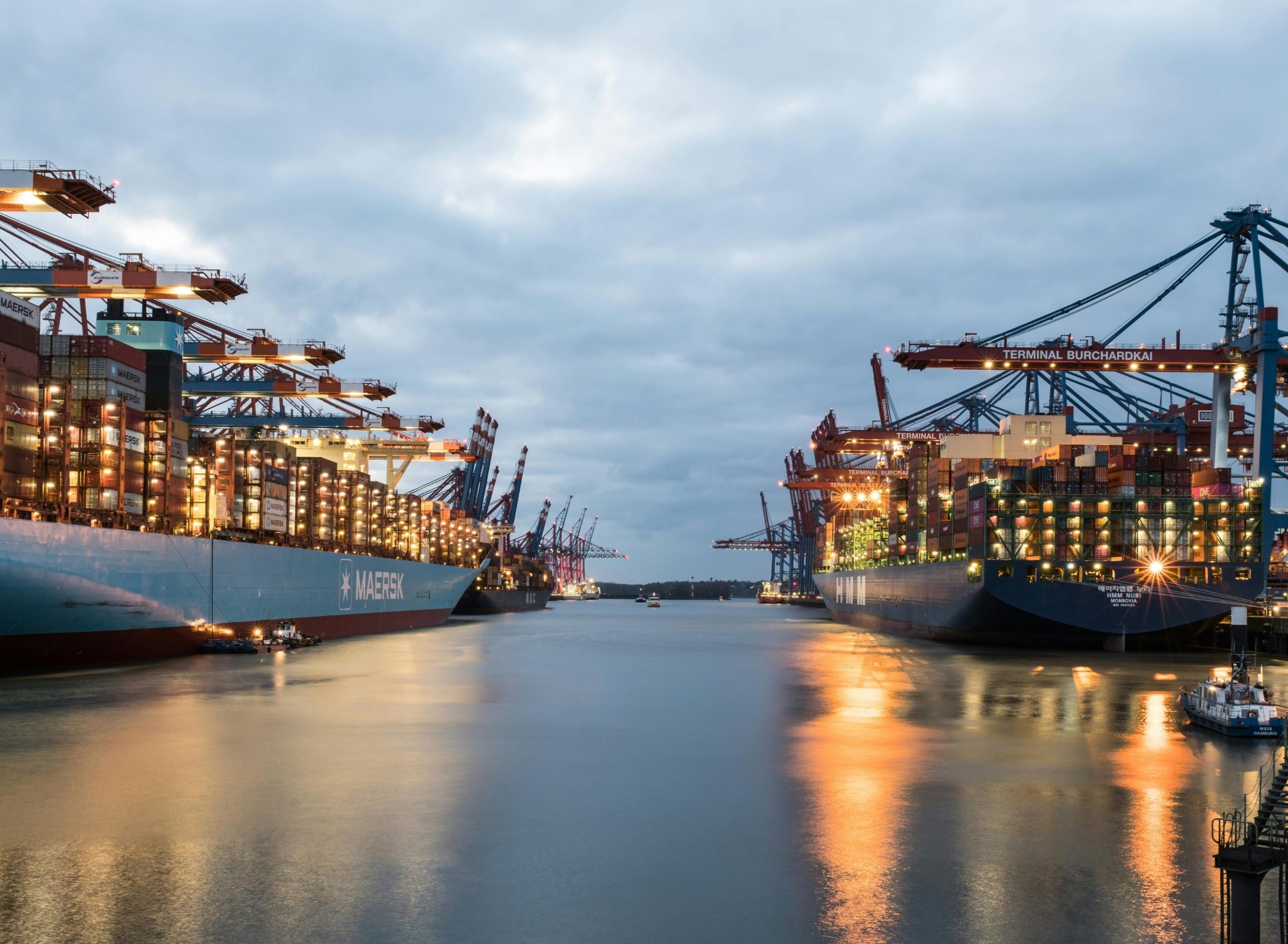As global trade dynamics continue to evolve under shifting geopolitical pressures, businesses worldwide are adjusting their strategies to remain competitive. With U.S.-China trade tensions at the forefront of international discussions, companies are looking for new opportunities to diversify their operations and reduce risks. Additionally, President Trump has repeatedly threatened to impose significant tariffs on imports from the European Union, further complicating trade relations and forcing companies from both regions to explore alternative markets.
Amid these global shifts, Thailand has positioned itself as an attractive strategic investment destination for foreign investors, particularly those from China and the European Union (EU), who are seeking growth opportunities in Southeast Asia. The country offers a robust infrastructure, favorable trade agreements, and government incentives, all of which make it a prime location for foreign direct investment (FDI).
Opportunities for Foreign Investors Amidst U.S.-China Trade Tensions
The ongoing trade war that the United States launched against its neighbors, partners, and China, as well as the threats of tariffs against the EU, has created a complex environment for international businesses around the world. With new penalizing U.S. tariffs imposed on Chinese goods, companies are being forced to rethink their supply chains, particularly those that rely on exporting to the U.S. and Europe. Thailand, with its established industrial base and proximity to China, offers an ideal environment for investors looking to diversify their operations and reduce exposure to the risks associated with these trade tensions.
Proximity and Strategic Location
Thailand’s location in Southeast Asia provides foreign investors with easy access to key markets in the region and beyond. Its central position within the ASEAN bloc makes it a gateway to Southeast Asia’s $3 trillion economy, while its ports and logistics infrastructure ensure that goods can be transported efficiently throughout the region. For international investors, Thailand is an ideal base for accessing regional and global markets, enabling them to continue serving customers in the U.S., Europe, and other parts of the world.
Free Trade Agreements and ASEAN Integration
For investors, Thailand’s participation in ASEAN Free Trade Area (AFTA) further enhances its attractiveness. The AFTA allows companies to access the broader ASEAN market of 650 million people with reduced tariffs and trade barriers. Additionally, Thailand has bilateral agreements with several key markets, including Japan and China, which further ease market entry and trade. In addition, the EU-Thailand Free Trade Agreement negotiations are progressing, with a fourth round of negotiations successfully concluded in November 2024. Both parties remain committed to concluding the FTA by the end of 2025. This interconnected network of existing and future FTAs makes Thailand a strategic hub for businesses seeking to expand their footprint in Asia.
China-Thailand Free Trade Agreement
One of the key advantages for Chinese investors in particular is the above mentioned China-Thailand Free Trade Agreement (FTA), which provides preferential tariff rates on goods traded between the two countries. This agreement enhances the ease of doing business and strengthens economic ties between the two nations. By setting up operations in Thailand, companies can benefit from reduced costs, simplified logistics, and enhanced market access not only in Thailand but also in other ASEAN markets.
Through the resulting interconnection of these markets, Thailand holds particular strategic significance for both Chinese and European companies.
Robust Industrial Ecosystem
Thailand is home to a well-established industrial ecosystem, particularly in sectors such as automotive, electronics, and machinery. The country has long been a regional hub for manufacturing and export, and its infrastructure is world-class, particularly in industrial zones like the Eastern Economic Corridor (EEC). The EEC is a government-backed initiative designed to attract high-tech industries such as electric vehicles (EVs), robotics, and biotechnology. It offers state-of-the-art facilities and access to skilled labor, making it an ideal location for foreign companies seeking to upgrade their manufacturing capabilities or relocate.
Government Incentives and Support
The Thai government has put in place a range of incentives to attract foreign investment. The Thailand Board of Investment (BOI) offers tax exemptions, preferential treatment, and assistance with regulatory processes for foreign companies that meet certain criteria. These incentives are designed to reduce costs and improve the profitability of investments. In 2022, the BOI reported a surge in investment applications, highlighting the growing interest in the country from both regional and global investors. For many international businesses, these incentives create a favorable environment for establishing or expanding operations in Thailand.

A Competitive Manufacturing Base
Thailand’s openness to foreign businesses has an “Asia light” appeal and offers international manufacturers a competitive alternative to countries like Myanmar, Vietnam, China or Bangladesh, where stringent government oversight of businesses can be a concern. Labor costs in Thailand are relatively low, and the country boasts a highly skilled workforce that is well-suited for high-tech industries, including electronics, automotive, and renewable energy. With its well-developed infrastructure and logistics capabilities, Thailand provides a strong base for companies looking to manufacture products more cost-effectively or gain access to Southeast Asian markets.
Sustainability and High-Tech Investment
European investors, in particular, are increasingly focusing on sustainability and green technology investments. Thailand’s emphasis on renewable energy, electric vehicles, and high-tech industries aligns with EU priorities for sustainable growth. The EEC, for instance, is positioning itself as a hub for green industries, offering European investors opportunities to participate in the region’s transition to cleaner energy and more advanced manufacturing technologies.
Thailand’s Favorable Business Environment for Both Chinese and EU Investors
Thailand’s favorable business environment, characterized by political stability, legal protections for foreign investors, and a welcoming approach to foreign investment, makes it an attractive destination for both Chinese, EU and other foreign businesses. The country’s commitment to economic reforms and improving the ease of doing business supports its position as one of the top investment destinations in Southeast Asia.
For foreign investors, Thailand offers the advantages of a well-connected regional hub, strong government support, and a growing industrial sector. As the global economic landscape continues to evolve, Thailand’s unique position in ASEAN and its robust infrastructure make it a valuable base for businesses all around the world.
A detailed report on the opportunities and benefits of investing in ASEAN can be downloaded here.

Andreas C. Richter
The German
He is a seasoned lawyer with dual German and Thai citizenship and has called Thailand home for over 30 years. As a Senior Partner at international law firm BRS, he specializes in corporate, commercial, and business law, providing strategic counsel to multinational clients across a wide range of industries in Thailand and the region.








Leave a Reply